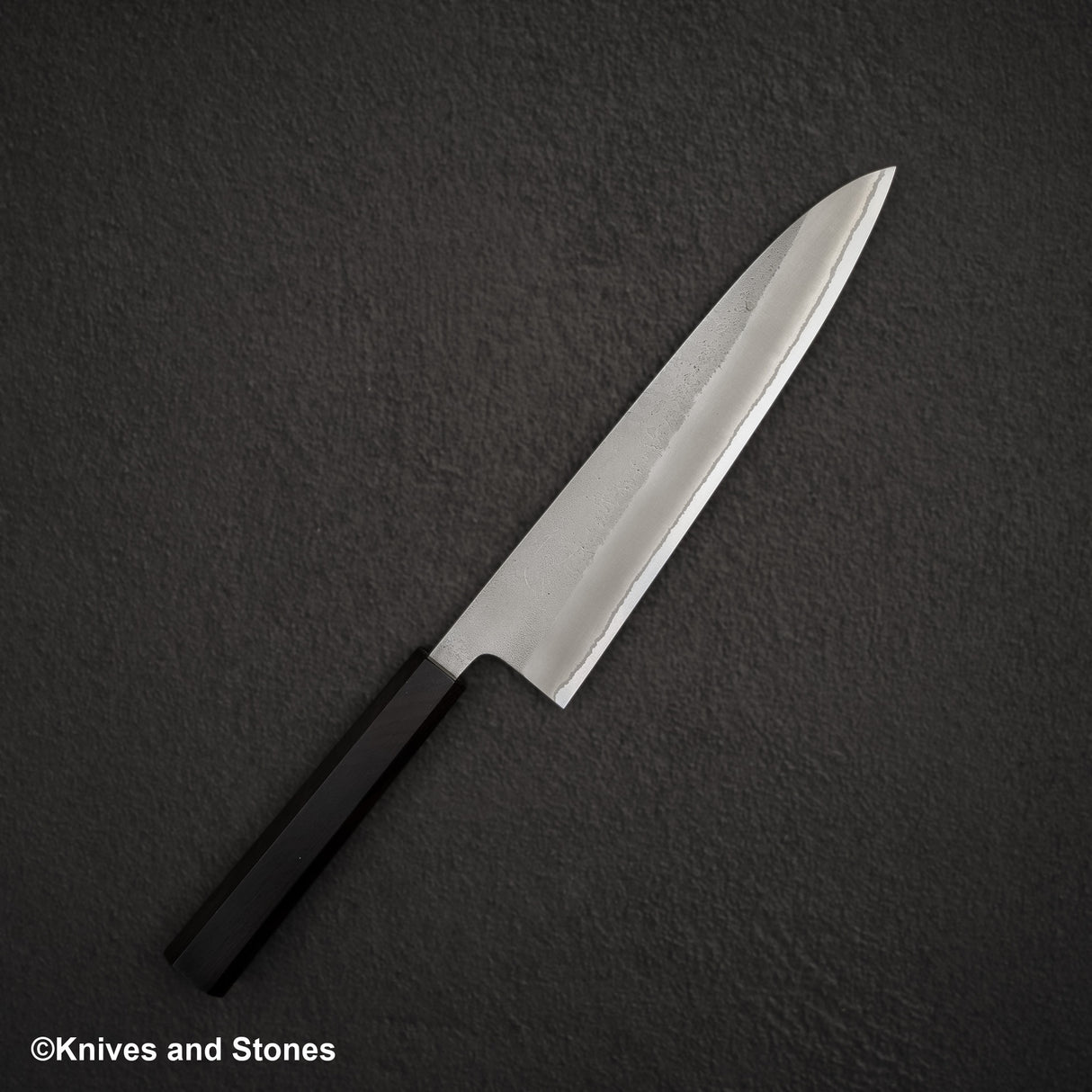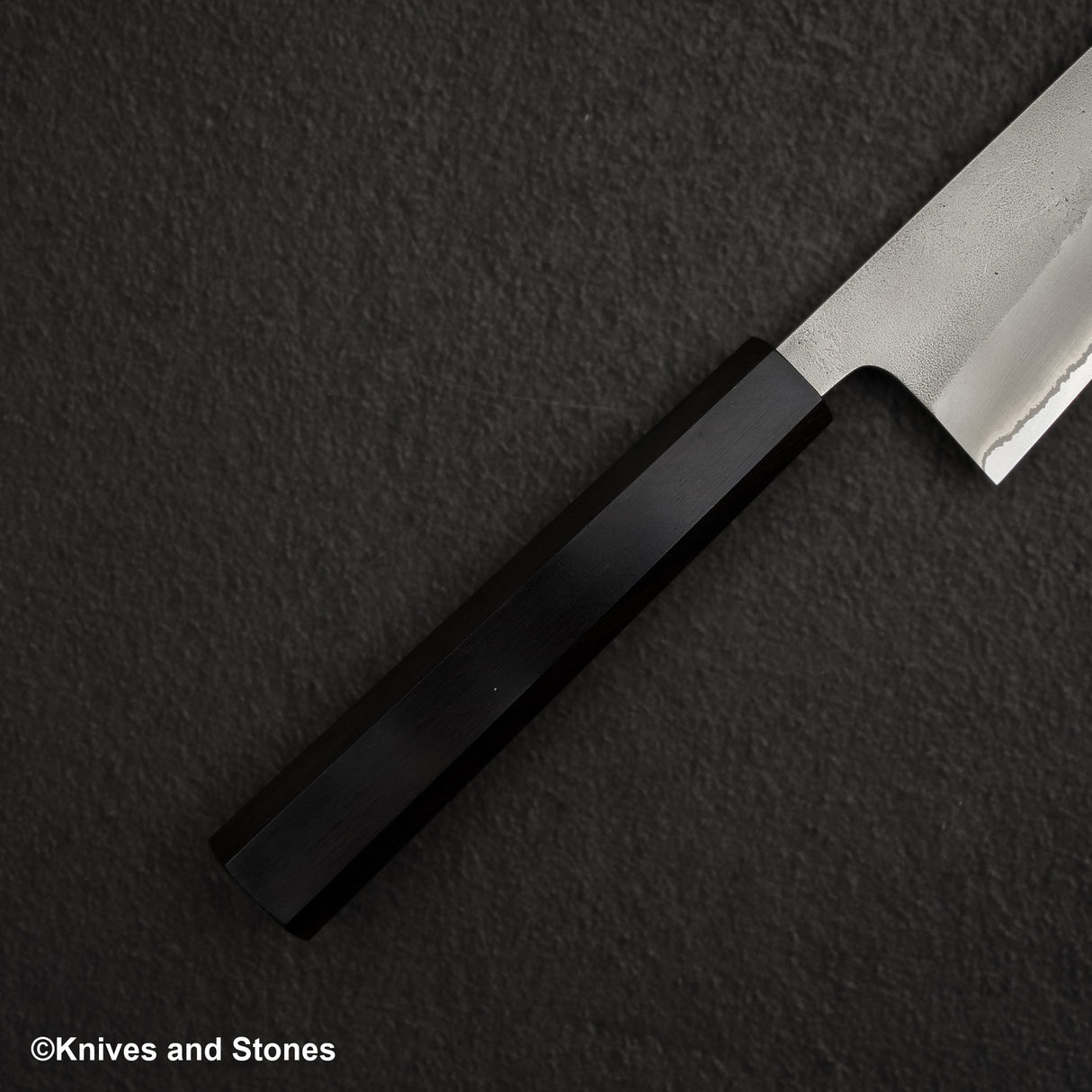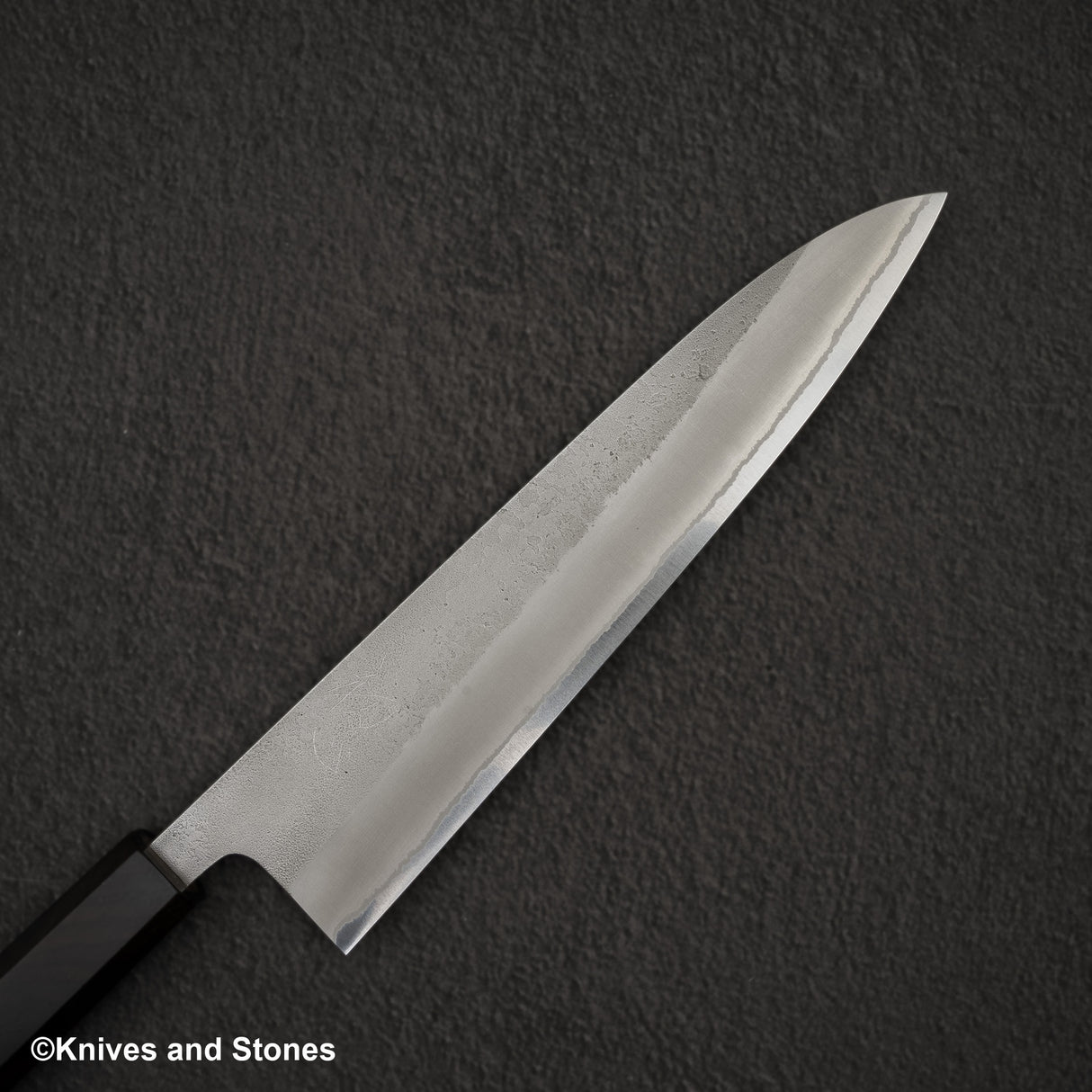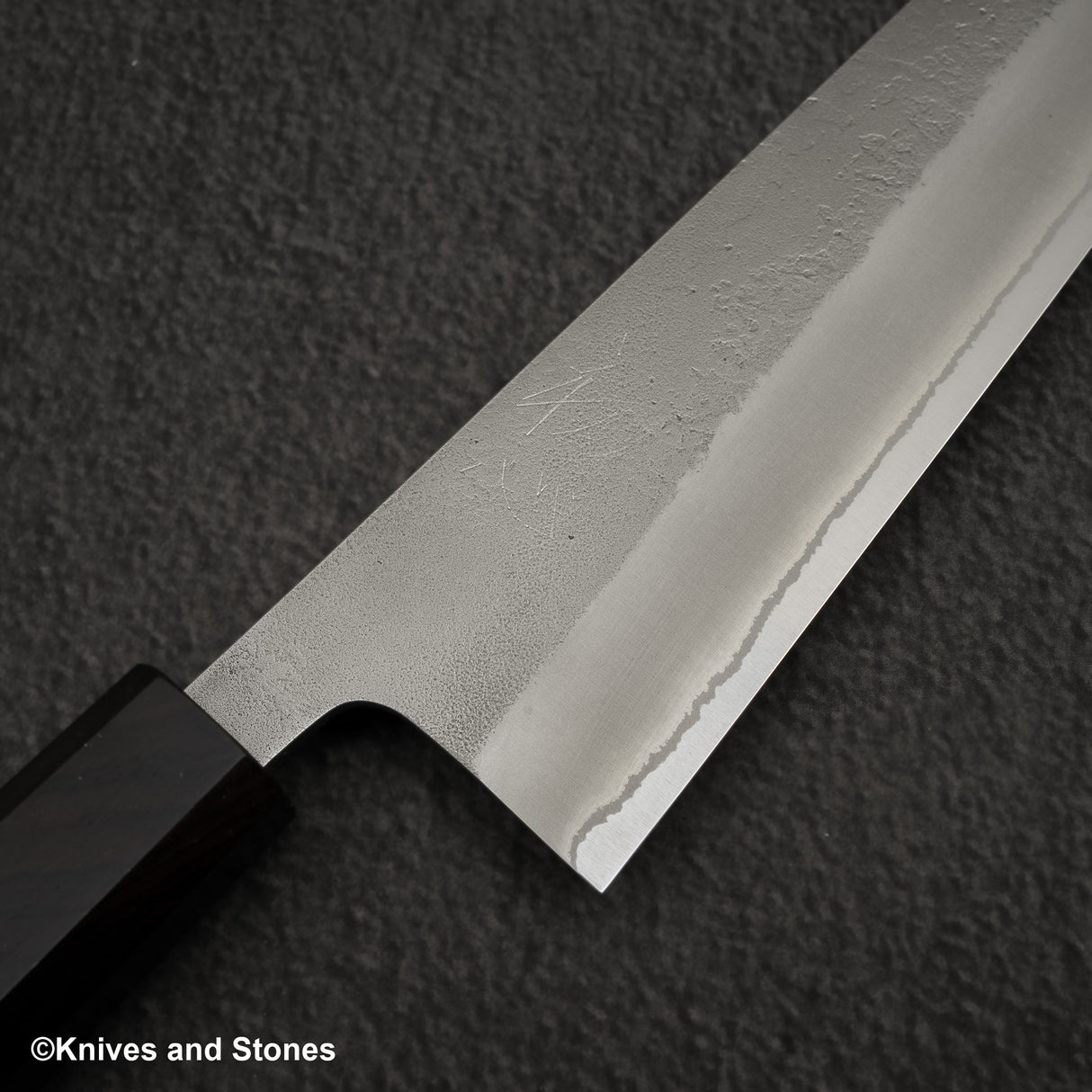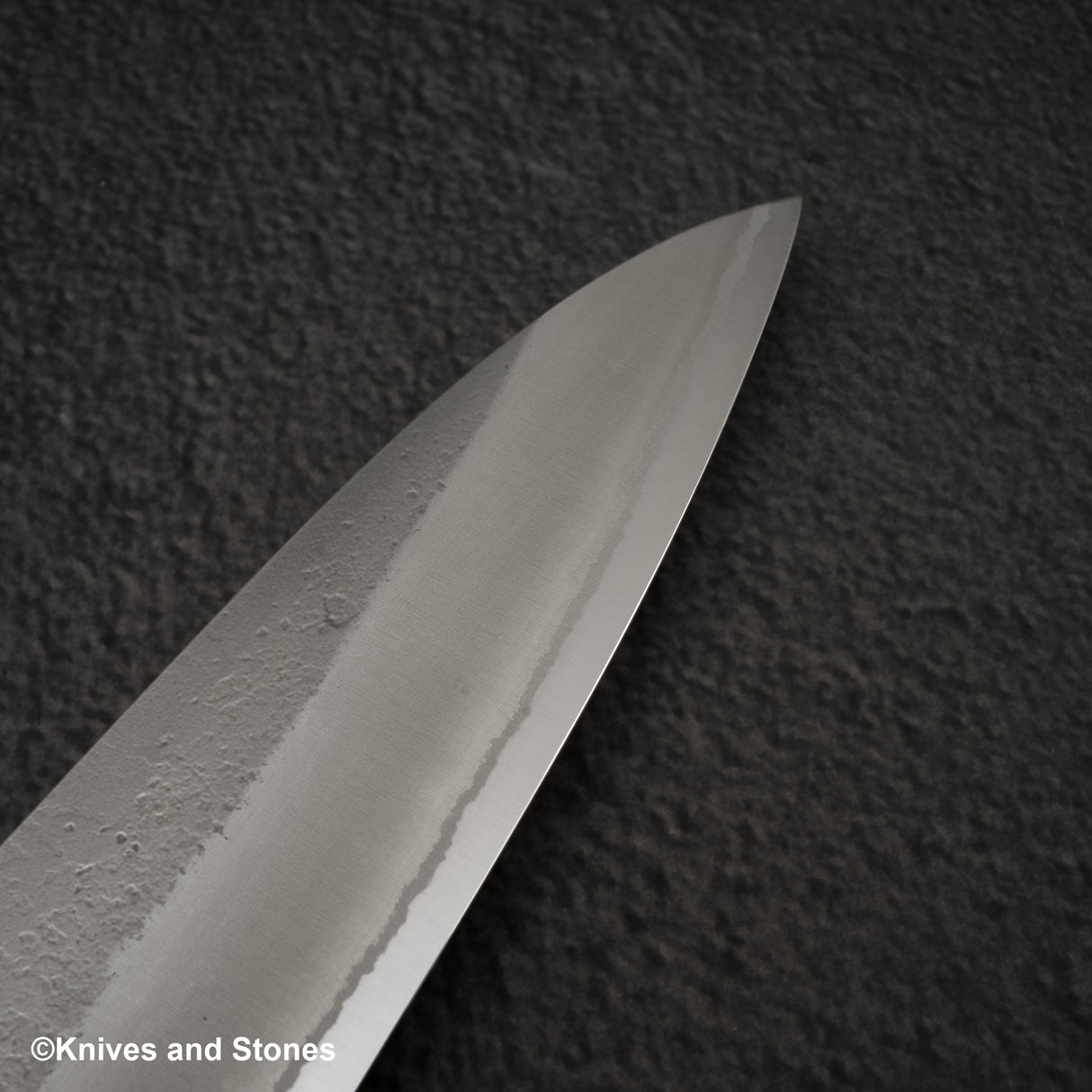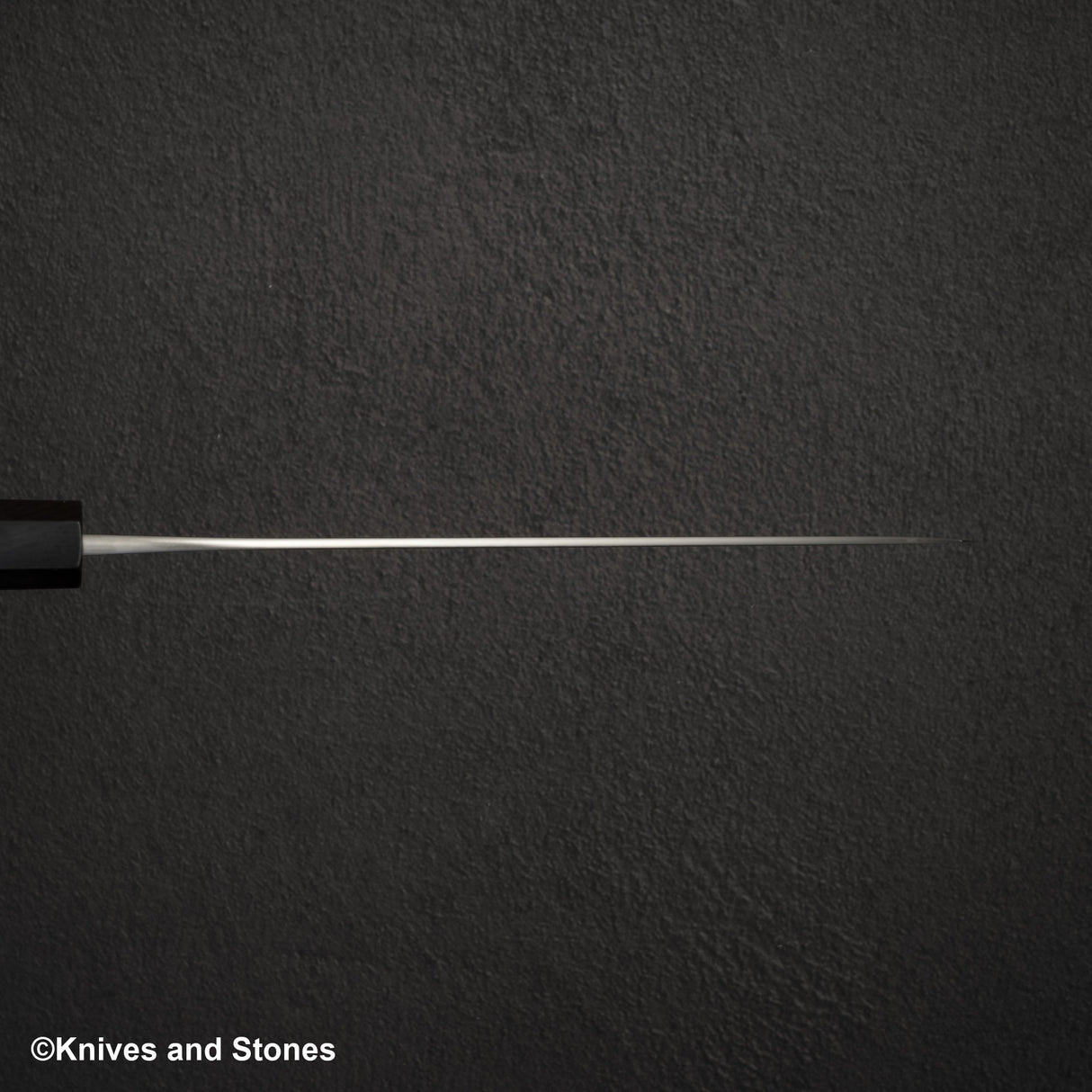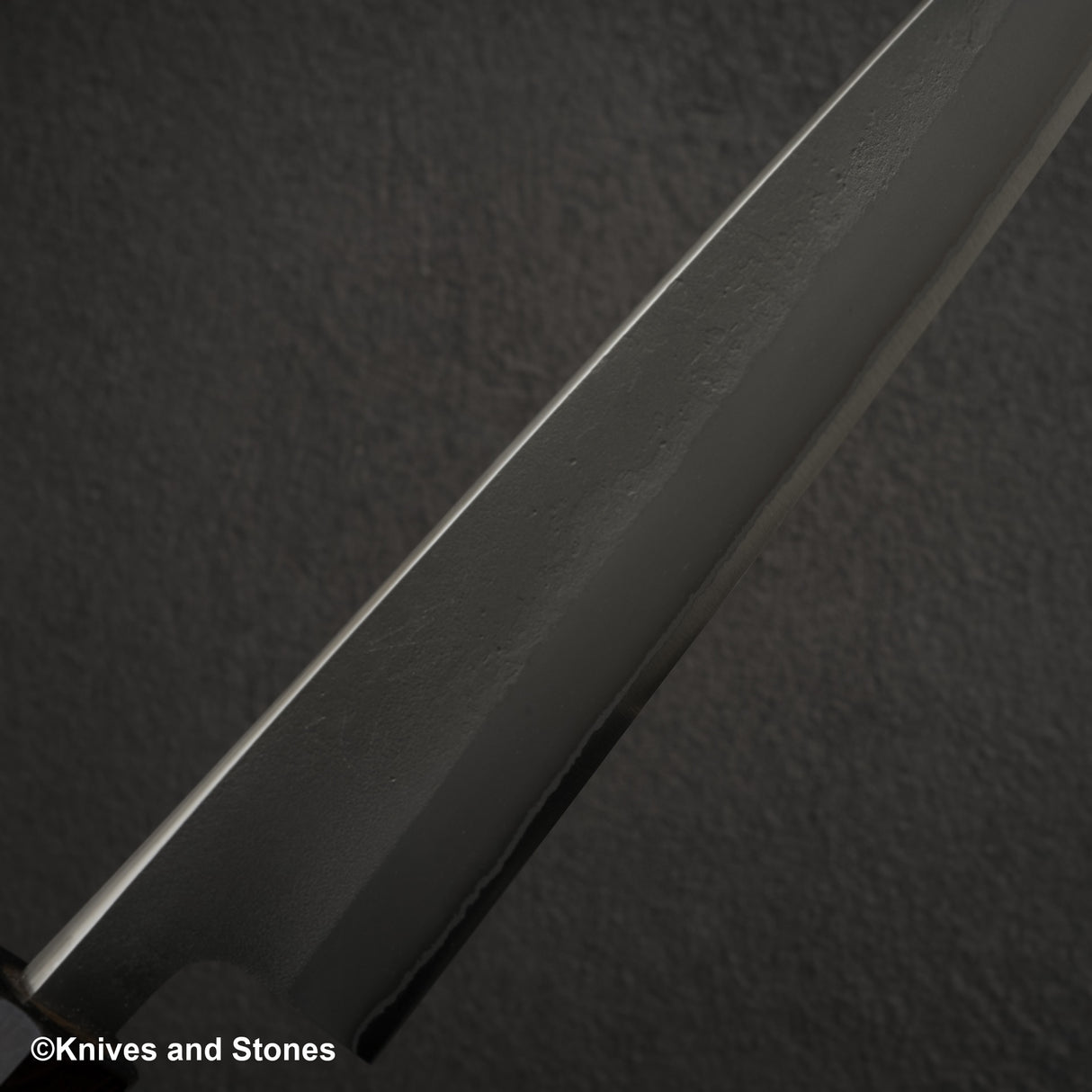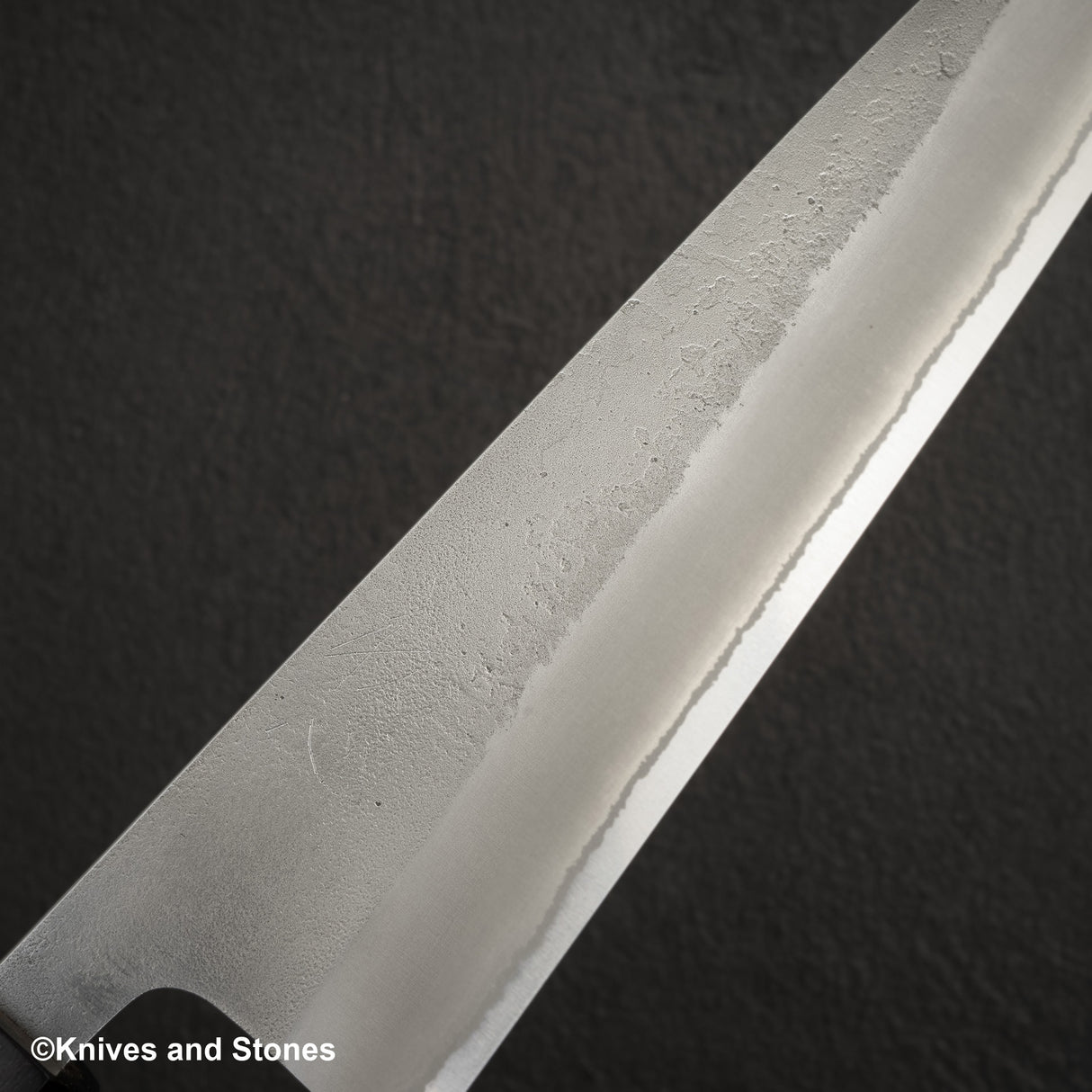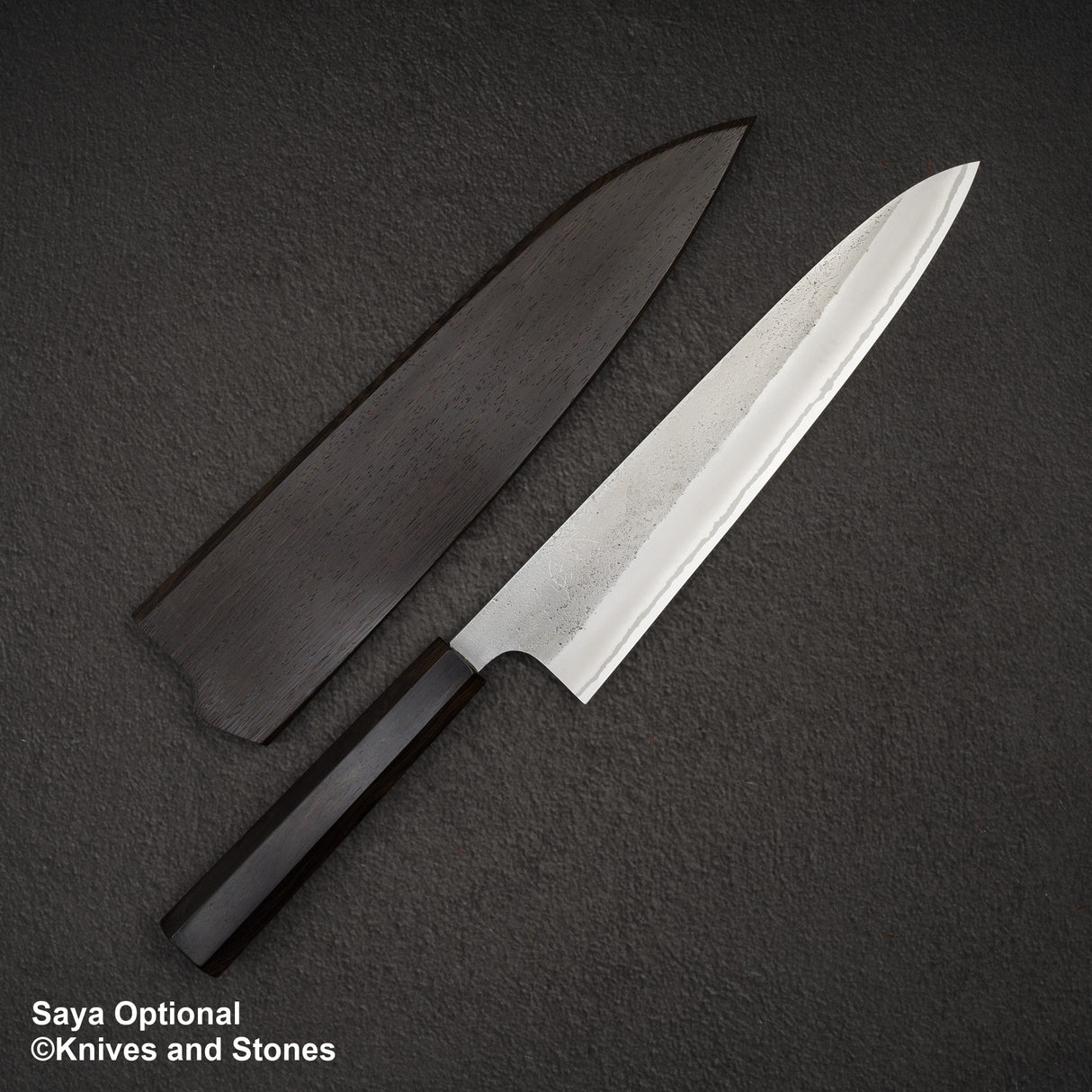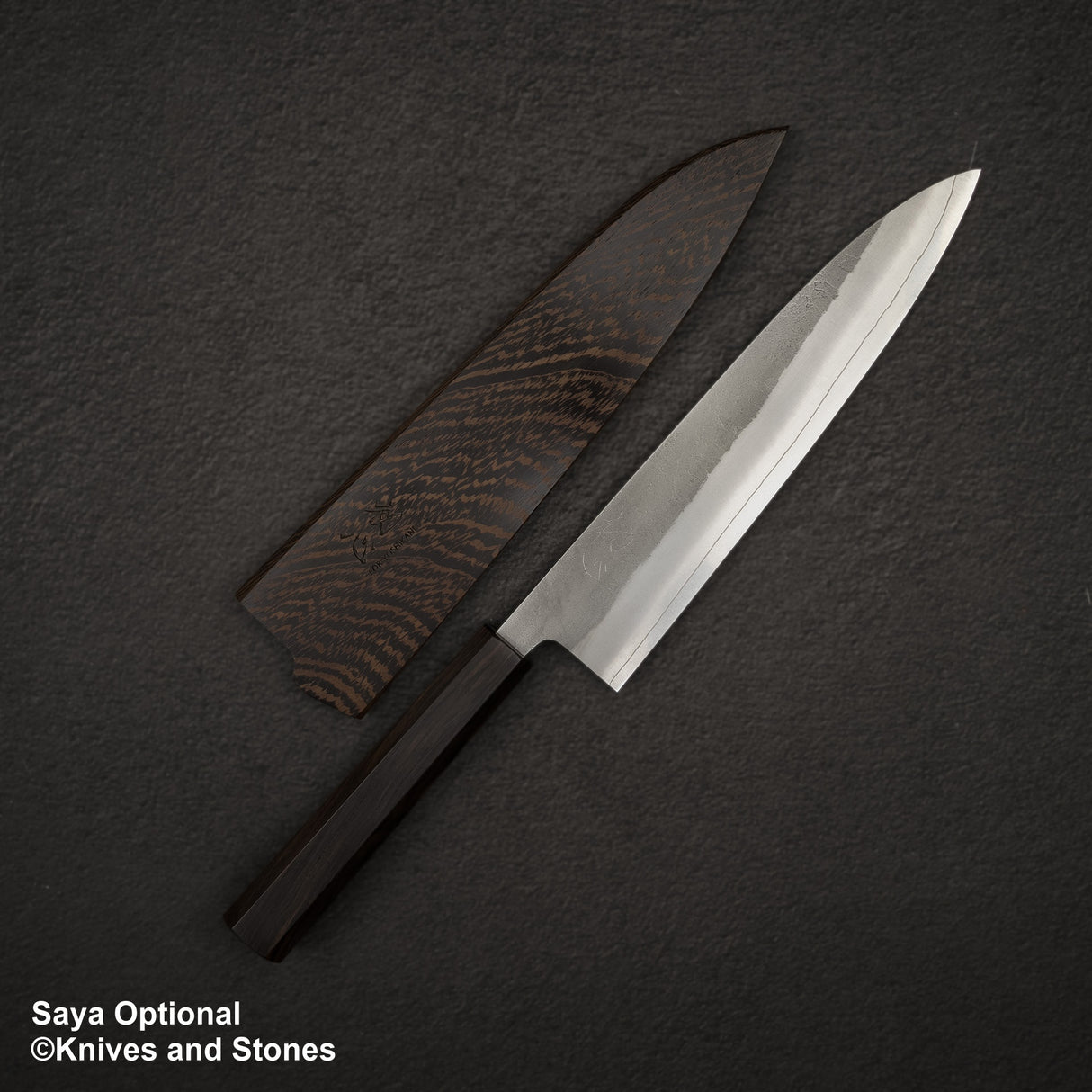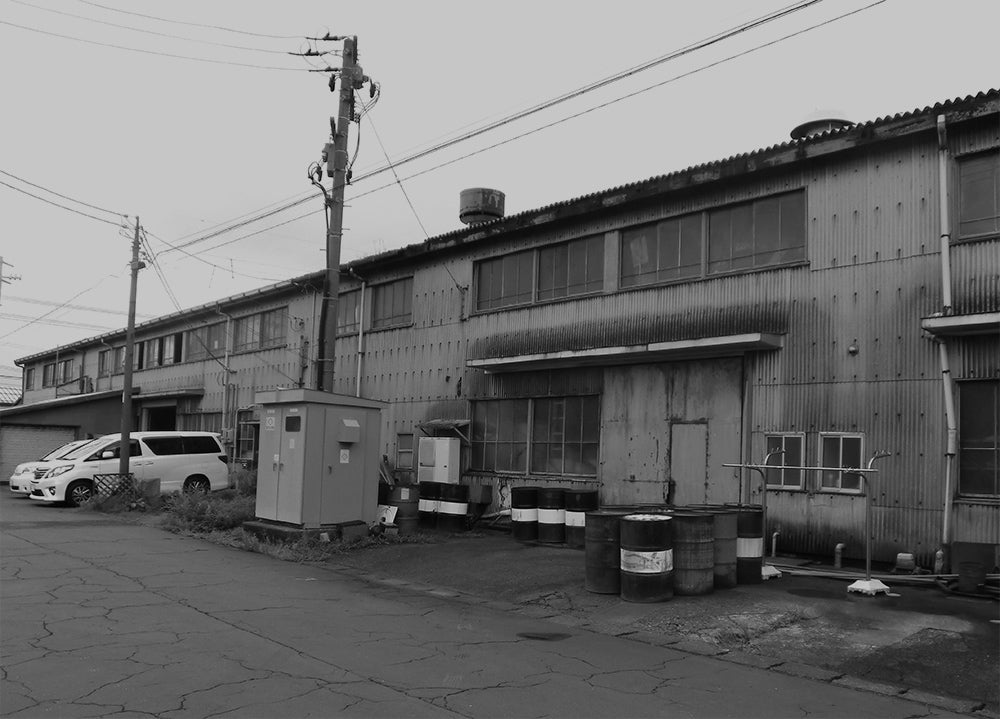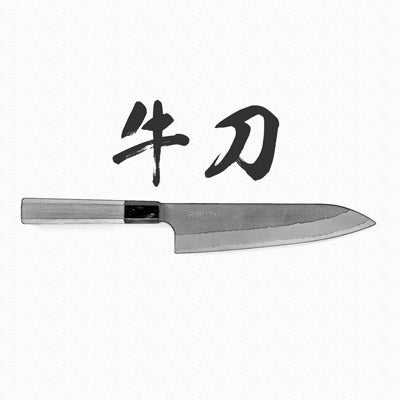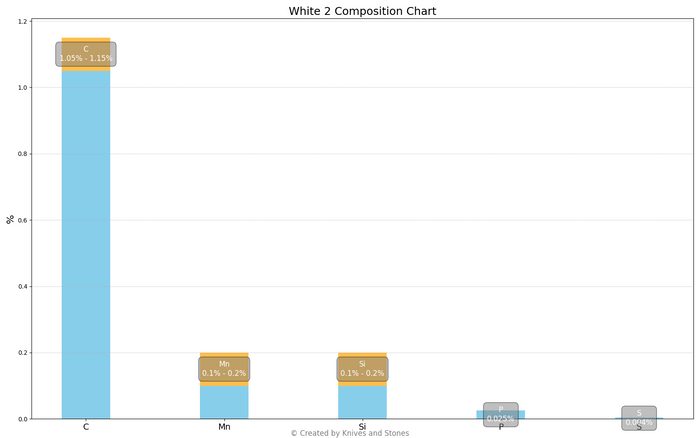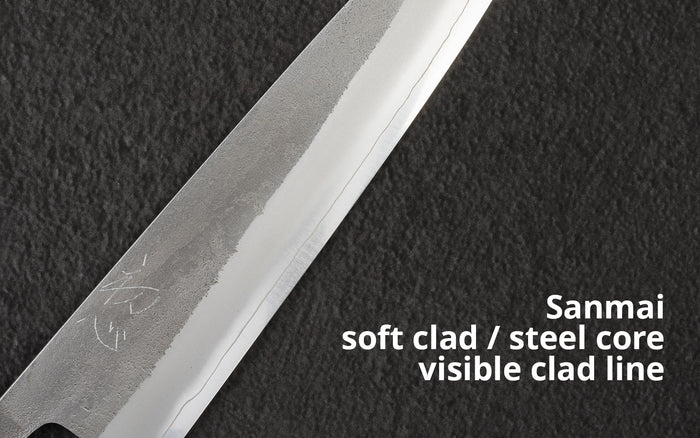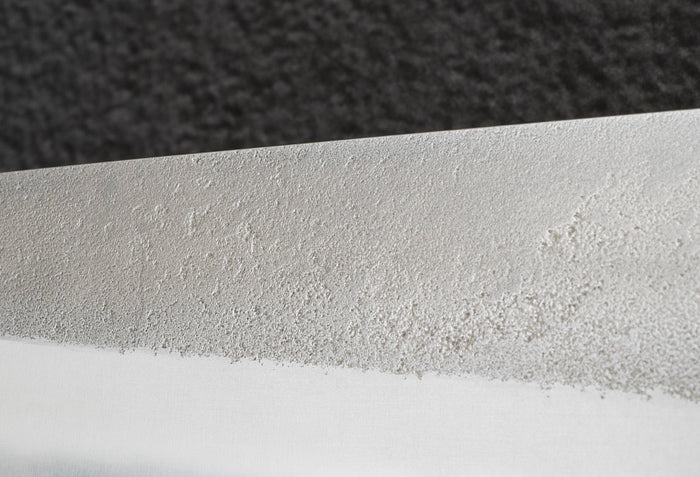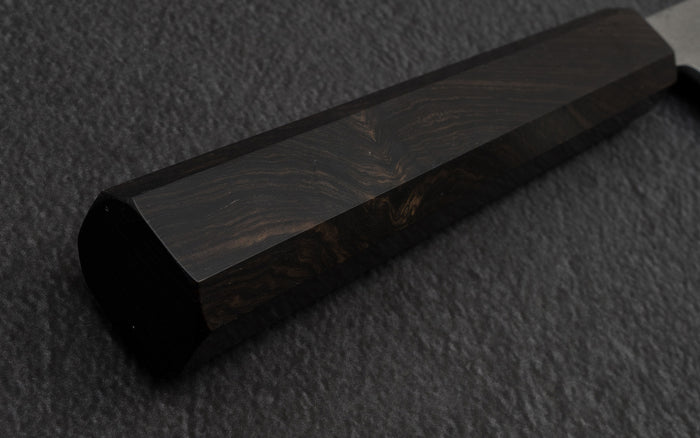Hatsukokoro x Yoshikane White 2 Nashiji Gyuto 210mm Stainless Clad Ebony Handle
Hatsukokoro x Yoshikane White 2 Nashiji Gyuto 210mm Stainless Clad Ebony Handle is backordered and will ship as soon as it is back in stock.
Couldn't load pickup availability
K&S Price: AU $439.95* inc. tax , vs:
| Store CE | AU $529.0 | -20.5% |
* For overseas buyers you pay no GST (10%) and low shipping rate.
Last Update: 2025-01-02T01:01:33Z
Detailed Specifications
| Line | Hatsukokoro By Yoshikane White 2 Nashiji |
| Profile | Gyuto / Chefs Knife |
| Bevel Type | Double Bevel |
| Weight | 174 g 6.14 oz |
| Edge Length | 213 mm .8.39 inch |
| Heel Height | 46 mm .1.81 inch |
| Width @ Spine | 3.5 mm 0.14 inch |
| Width @ Mid | 2.7 mm 0.11 inch |
| Width @ 1cm from Tip | 1.0 mm 0.04 inch |
| Steel | White 2 / Shirogami #2 | Carbon |
| Blade Construction | Sanmai - Stainless Clad |
| Hardness (HRC) | 60 - 64 |
| Surface Finish | Nashiji |
| Handle | Octagonal Ebony |
| Region | Sanjo |
| Best for |
|

| Pros | Cons |
|
|
|
Care Instruction
- Don't cut hard things! Japanese knives are brittle so bone hacking is a NO NO!
- Wash with neutral detergent after use, and wipe dry;
- Please don't wash knife with dishwasher, it will damage the wood handle;
- Be careful not to leave the knife close to a heat source for a long time;
- It is a lot more dangerous to cut with a blunt knife than a sharp knife!
- It is best to sharpen a Japanese knife regularly on a waterstone.
- Oil the (carbon) knife if storing for an extended period of time to prevent rust.

